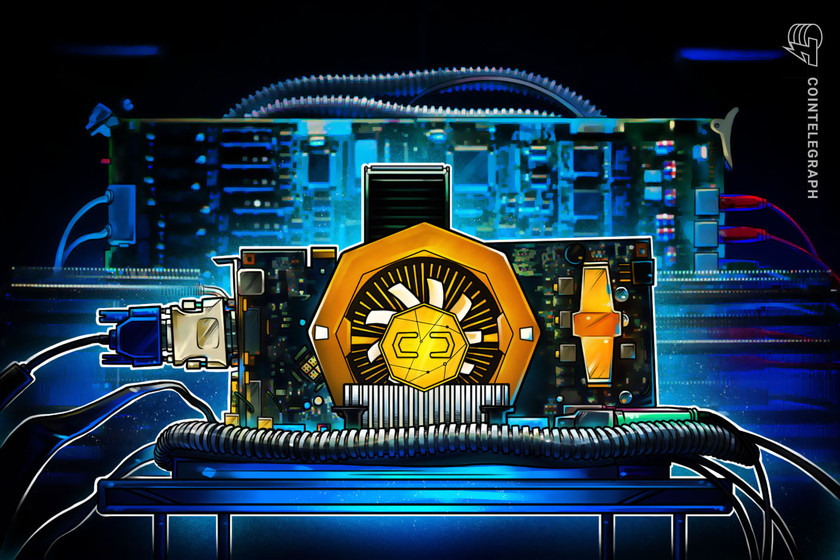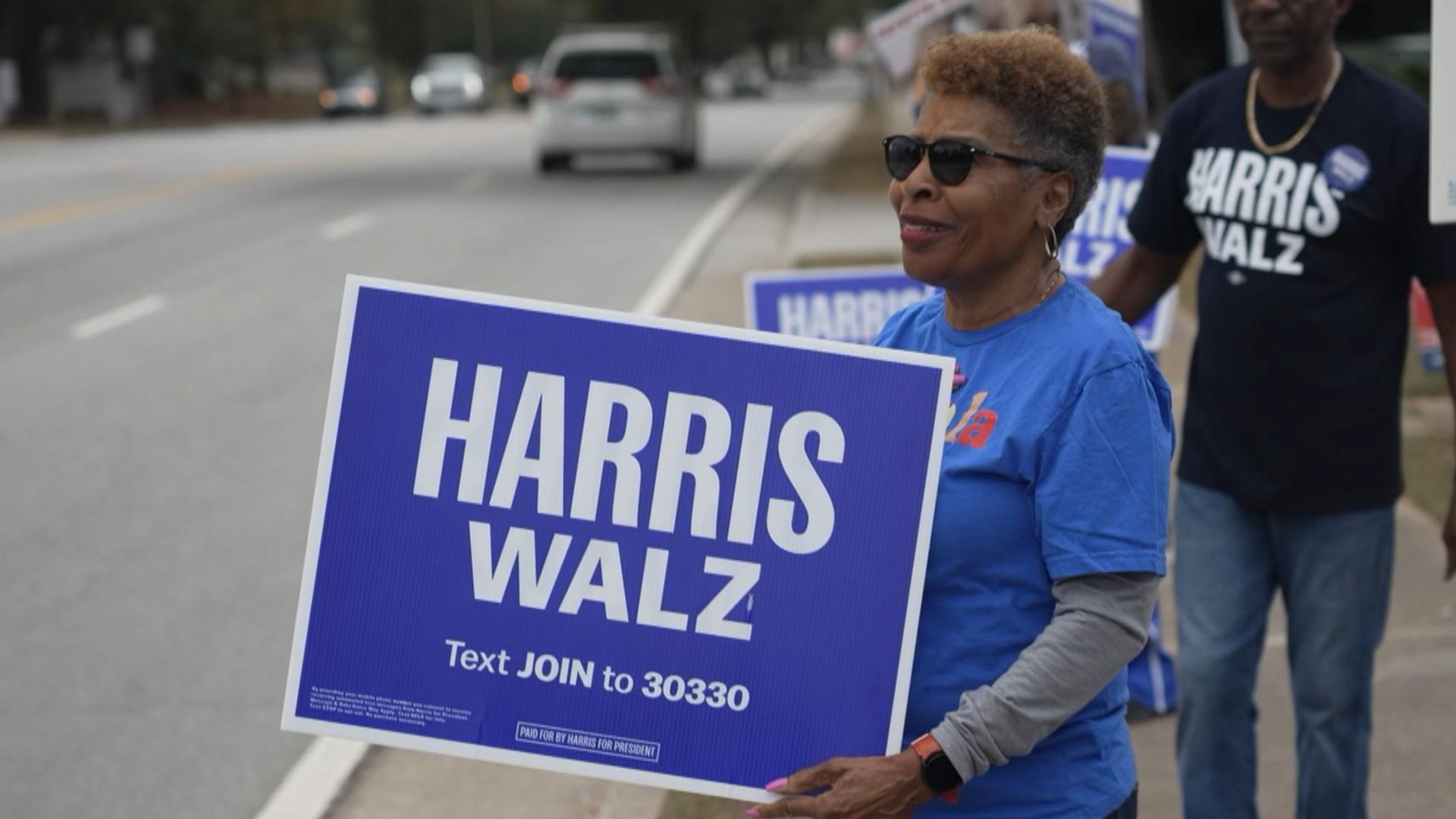Thousands of protesters in Sri Lanka have broken through police barricades and stormed the president’s official residence.
In one of the largest anti-government marches in the country this year, the protesters are demanding the resignation of President Gotabaya Rajapaksa.
Thousands of people descended on Sri Lanka capital Colombo’s government district, shouting slogans against the president and dismantling several police barricades to reach Mr Rajapaksa’s house, according to the Reuters news agency.
Police fired shots in the air but were unable to stop the angry crowd from surrounding the presidential residence.
At least 21 people including two police officers have been hurt by the unrest, hospital sources said.
The president was moved from his official premises to a secure location as a safety precaution, according to two defence ministry sources, ahead of a planned rally at the weekend.
Hundreds of protestors were seen packed inside the property on a Facebook livestream.
UK warns against travel to Sri Lanka as it faces worst independent crisis in decades
Sri Lanka’s new prime minister blames ‘last administration’ for country’s current crisis amid protests
Sri Lanka violence: Burnt-out super cars and ransacked hotels are remains of fury
Prime Minister Ranil Wickremesinghe has now summoned the political party leaders for an emergency meeting in the wake of the violence.
The PM has also requested parliament to be summoned by the speaker, a statement from his office said.
US ambassador to Sri Lanka, Julie Chung, called on people to protest peacefully and for police to give demonstrators space – as she warned ‘chaos and force will not fix the economy’.
Sri Lanka, which has a population of 22 million people, is facing its worst economic crisis in seven decades, since it achieved independence in 1948.
It has been struggling under a severe foreign exchange shortage that has limited essential imports of fuel, food and medicine.
Many blame the country’s decline on Mr Rajapaksa, who has faced ongoing calls to resign.
Anger has intensified in recent weeks as fuel shipments dwindled, leading to petrol and diesel being rationed for essential services.
The British Foreign Office has warned against all essential travel to Sri Lanka, which has been left in financial turmoil due to economic mismanagement and the impact of the COVID pandemic.
In April this year Sri Lanka announced it was suspending repayment of foreign loans blaming a foreign currency shortage.
It has accumulated debts of £42.4billion – of which around half, £23.3bn, must be repaid by the end of 2027.
The crisis has severely dented the reputation of the Rajapaksa political dynasty, which has ruled Sri Lanka for most of the past two decades.
One of Mr Rajapaksa’s brothers resigned as prime minister last month, and two other brothers and a nephew quit their cabinet posts earlier, but Mr Rajapaksa has held on to power.
Mr Wickremesinghe, who took over as prime minister in May, is also facing calls to quit for failing to plug the gap in the country’s finances.










